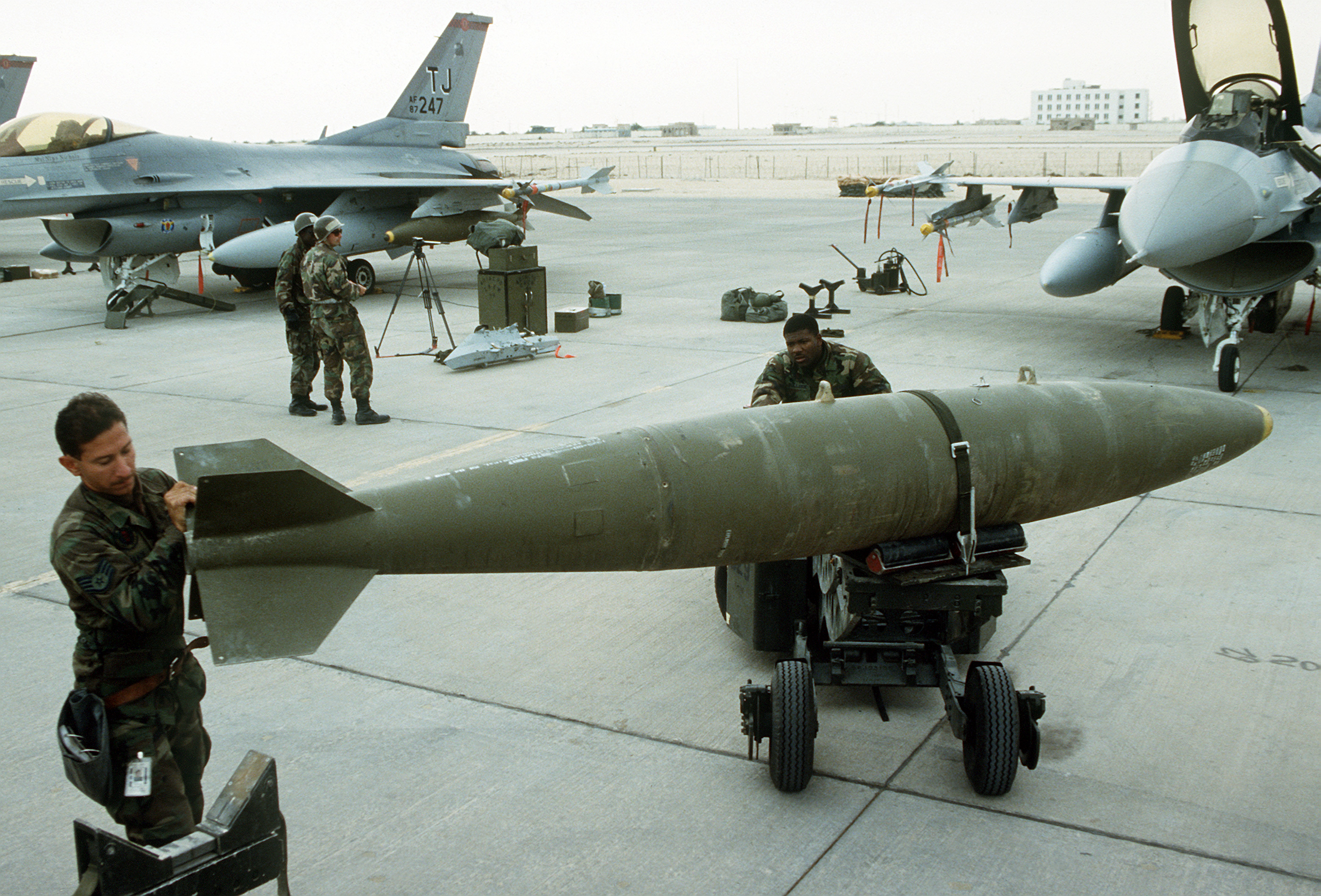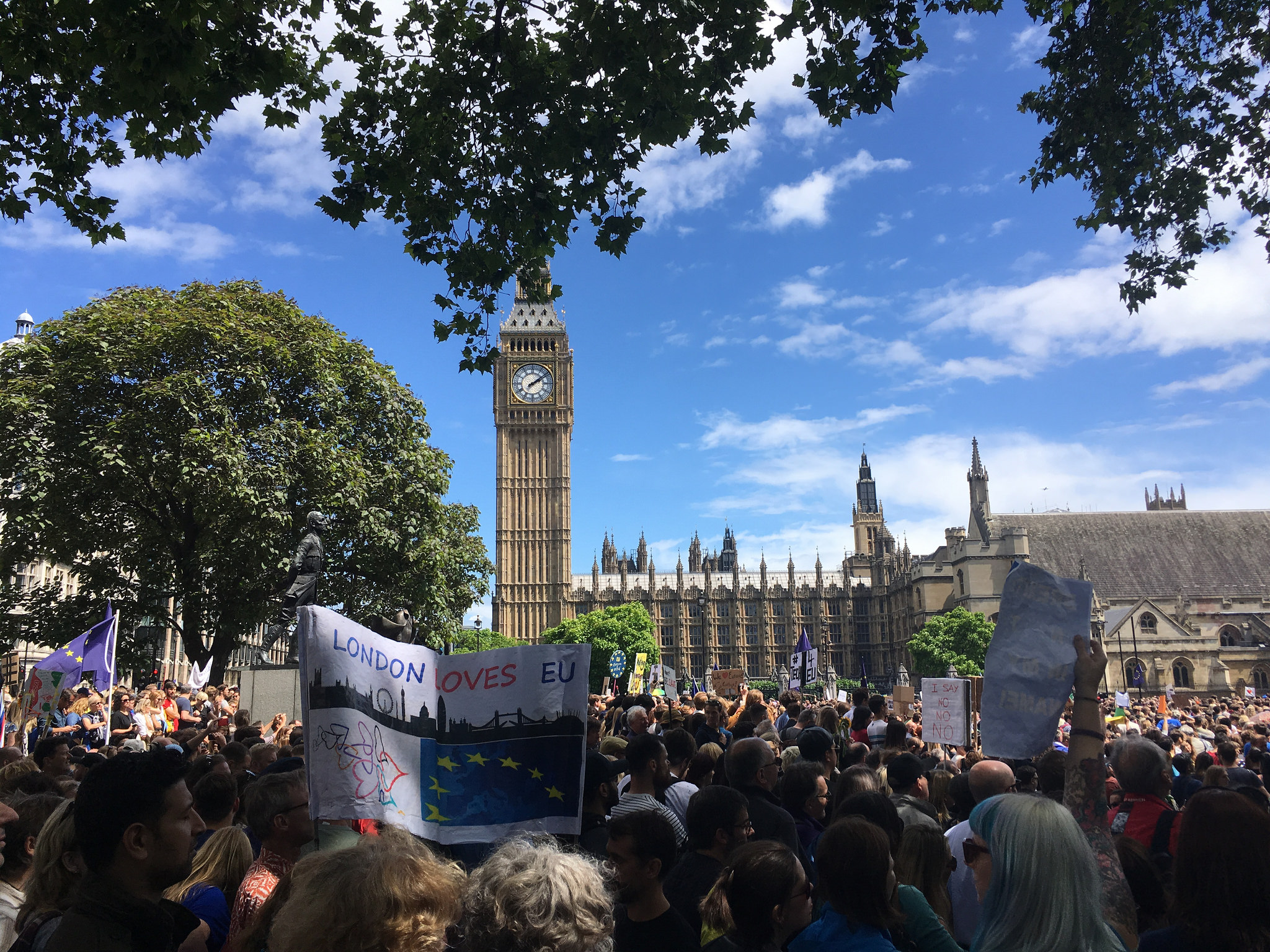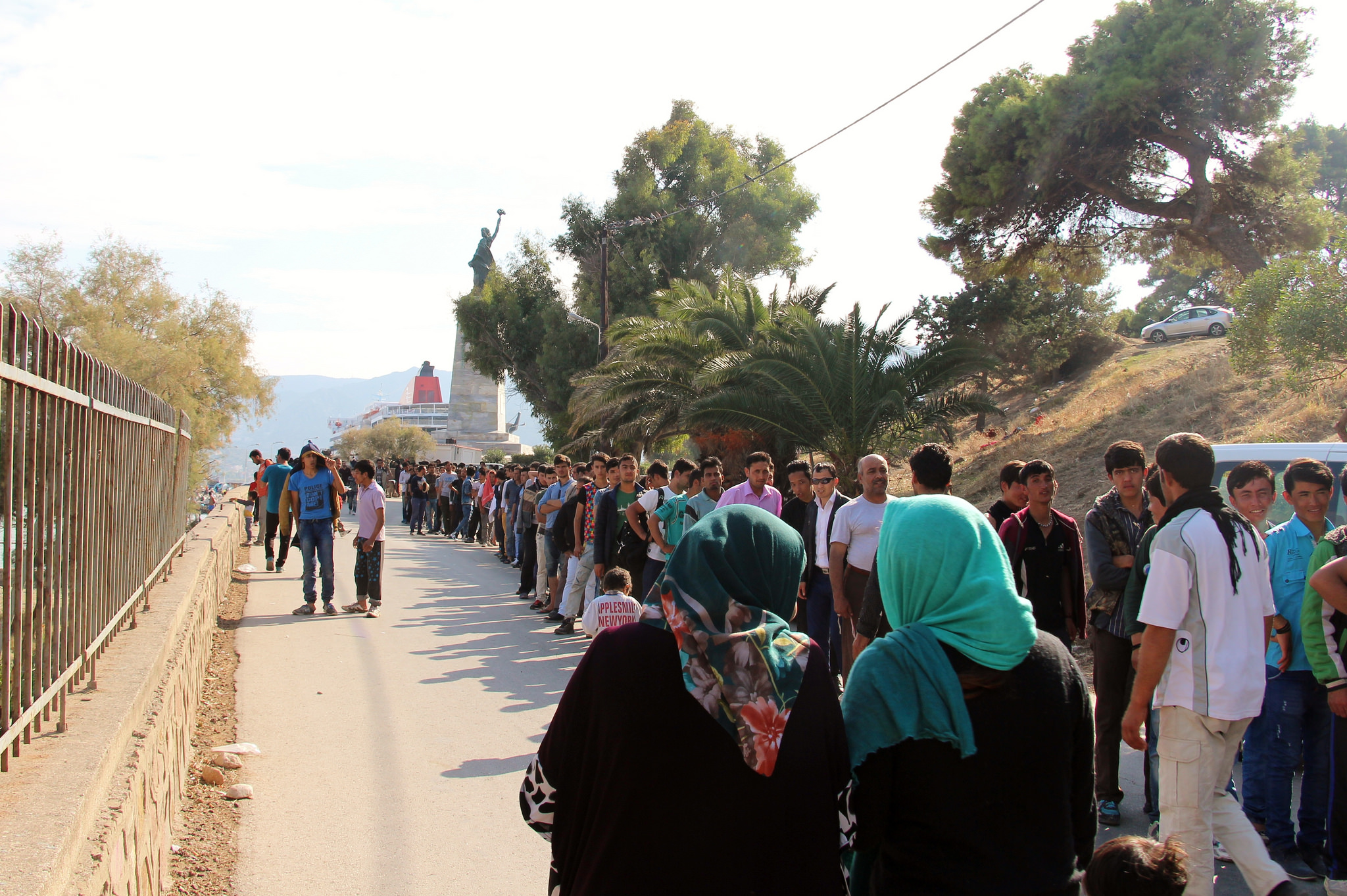By Andrew Kydd

We are now past at least 70,000 dead in the Syrian conflict and mass atrocities are being committed on an almost daily basis. The Syrian government has mobilized thugs who appear to lack any military discipline or accountability. Yet Washington takes notice not of real massacres committed with ordinary weapons, but of marginal uses of chemical weapons that have killed comparatively few. Washington inches towards military support of the rebels as if this is the appropriate next step, like a medieval doctor who grimly decides the time has come to put leeches on the arms as well as the legs of a dying patient. Meanwhile, we are treated to the absurd suggestion that we should invade Syria and reconstruct the state in order to intimidate Iran into giving up its nuclear program, which calls to mind Einstein’s definition of insanity, doing the same thing over and over and expecting different results.
Part of the problem is that Washington equates intervention with regime change. In Libya, UN approval for an intervention to protect civilians was used as a license to overthrow Qadaffi. To outward appearances, there was no serious reflection in the administration about this, and no one arguing that this was a mistake. This stands in marked contrast to two previous cases. First, under George H. W. Bush, the US scrupulously observed the international mandate to evict Iraq from Kuwait, but did not go on to overthrow Saddam Hussein. Neo-conservatives then began the long march to 2003, when this restraint would be abandoned, with results that are plain to see. Second, in the Kosovo case in 1999, NATO conducted, without UN permission, an air campaign to evict Serbian forces from Kosovo. The campaign ended before Milosevic was overthrown, although it did decide the issue in favor of the separatist rebels. But in neither case was intervention equated with regime change. We seem to have lost sight of this possibility, in particular, we are unable to envision any form of intervention that would protect civilians in a civil war that does not involve supporting the rebel forces. This is an enormous failure of imagination on the part of US policymakers. As we fail to come up with effective policy options, tens of thousands of Syrians are dying and the future of Syria as a unified country is increasingly cast into doubt.
Let’s therefore unbundle the protection of civilians from regime change, total victory, boots on the ground, and other things that do not necessarily go together. In particular, let’s remind ourselves of the Dayton agreement that ended the Bosnian war. In that case, airpower was brought to bear against Serbia, but not to the point of total victory for the Bosnian Muslims and Croats. Instead, it was used to convince the Serbs that total victory was beyond them, and to facilitate the creation of a front line that would be the basis for subsequent negotiations. Those negotiations then became the focus, and neither side got what they wanted. However, the killing stopped. The resulting state of affairs can hardly be called a unitary state, and it might have been just as well to arrange an outright partition. And yet, thousands of people are alive today who would be dead if the US had not acted as it did. Despite the counsel of the critics of “liberal interventionism”, that counts for something.








5 comments
Interesting, but I think the Kuwait and Kosovo analogies are a bit of a stretch. In Kuwait, as you say, the objective was expelling the Iraqis from a country they had occupied and in Kosovo the issue was one of separatism. Both of these can be achieved through expulsion of the “occupation” forces and the establishment of a new government (or reestablishment of an old one) in the occupation zone without changing the government of the occupier. The Libya and Syria cases seem to be better described as questions of central governance. The Bosnia case comes closer than the others, but the outcome of de facto partition may be difficult to engineer in Syria (without extensive ethnic cleansing, which of course may happen anyhow) and may still require some sort of occupation, at least by peacekeeping forces. I’m not an advocate of intervention in Syria, but it’s difficult to foresee a solution in which Assad would share power meaningfully with part or all of the rebels, or they with him. And if he did cut a deal with a portion of the opposition (say, for the sake of argument, former pro-Assad defectors), it seems likely that the remainder (say, Islamists) would continue the fight?
Monje’s exactly right. At least in their presentation here, the successes of Kosovo and Kuwait seem to have nothing to do with R2P. I’m not sure if any good examples exist. I’d start looking at UN peacekeeping interventions, but that’s a rare subset where the regime has consented.